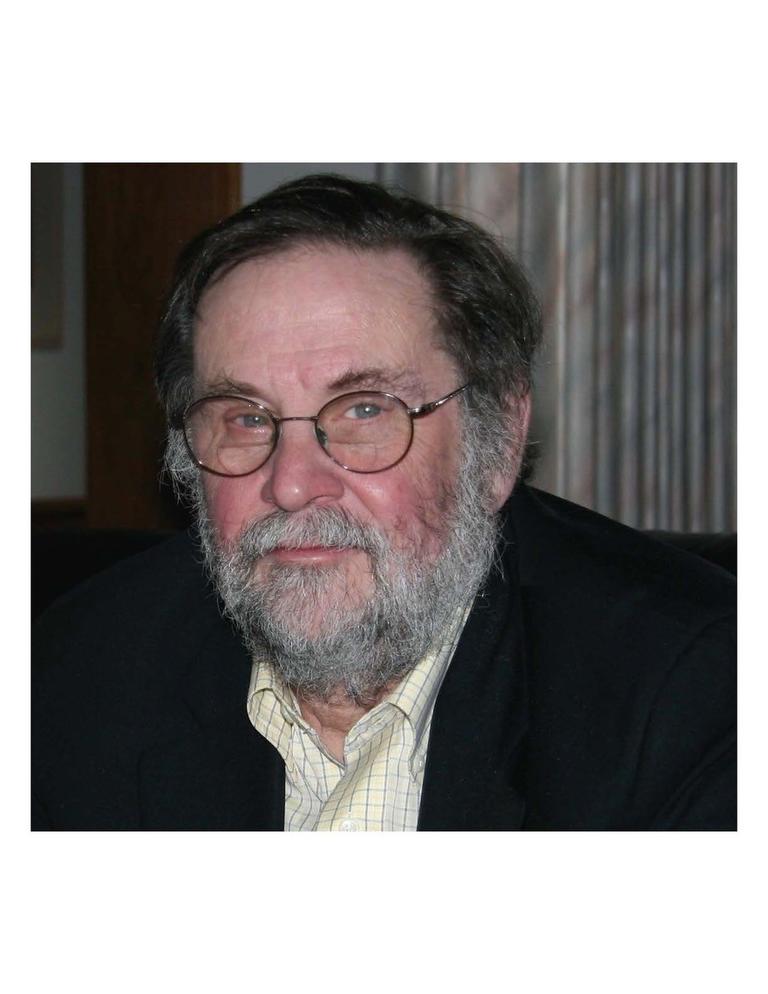Speaker Bios
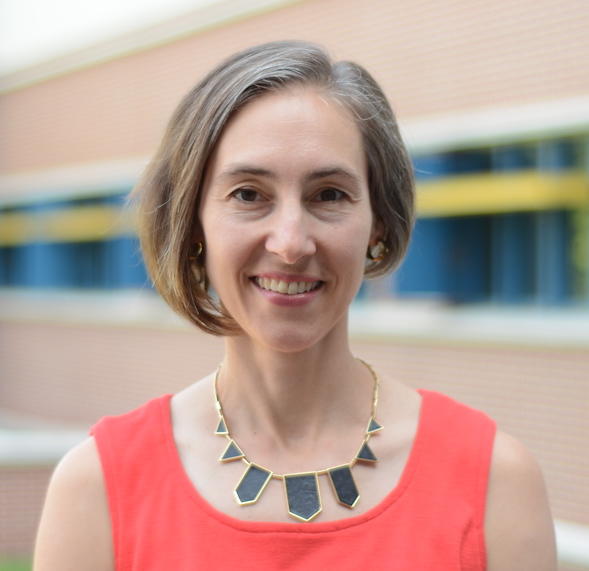
Dr. Diane Bolton is an investigator at the Military HIV Research Program (MHRP) in Silver Spring, Maryland. She received her B.A. in Human Biology from Brown University and her Ph.D. from the NIH-Johns Hopkins University cooperative graduate program. She is chief of MHRP’s Animal Models & Viral Persistence Section, with a research program focused on evaluating vaccine platforms and prophylactic and therapeutic interventions in animal models of HIV, among other infectious diseases. In addition, mechanisms of HIV-1 persistence are pursued through characterization of viral reservoirs to inform cure strategies.
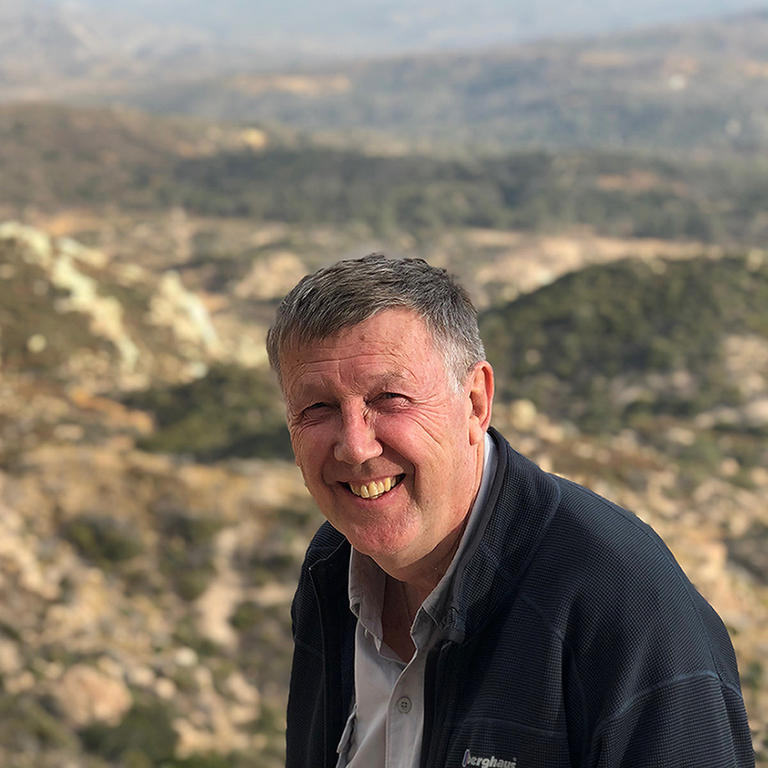
Dennis Burton is the Chair and Professor in the Department of Immunology & Microbiology and holds the James & Jessie Minor Chair in Immunology. He received his B.A. in Chemistry from Oxford University and his Ph.D. from Lund University, Sweden in physical biochemistry. He is the Scientific Director of the IAVI Neutralizing Antibody Center, Director of The Consortium for HIV/AIDS Vaccine Development (CHAVD) at Scripps Research, and a member of the Ragon Institute of MGH, MIT and Harvard, Boston, USA. He has held many research grants from the NIH and has published more than 450 papers in scientific journals. He has received numerous awards including the Jenner Fellowship of the Lister Institute and a Fellowship in the American Academy of Microbiology. In 2023, in a list of Best Immunologists by Research.com, he placed 11th in the USA and 14th in the world. His research is focused on infectious disease, in particular the interplay of antibodies and highly mutable viruses, notably HIV. He is interested in the potential of broadly neutralizing antibodies to inform vaccine design.
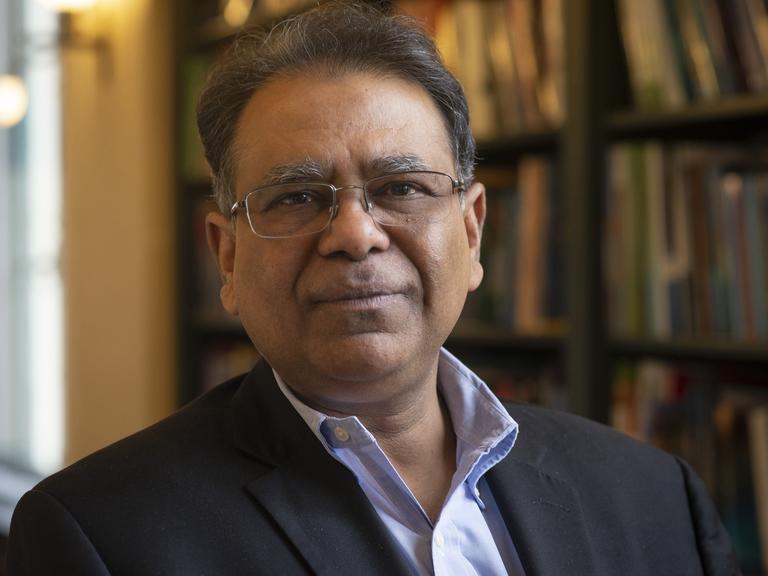
Arup K. Chakraborty is one of the 12 Institute Professors at MIT, the highest rank awarded to a MIT faculty member, and holds the John M. Deutch Institute Professorship. He is also a Professor of Chemical Engineering, Physics, and Chemistry at MIT. He served as the founding Director of MIT’s Institute for Medical Engineering and Science, and he is a founding member of the Ragon Institute of MIT, MGH, and Harvard. For over two decades now, Chakraborty’s work has largely focused on bringing together approaches from statistical physics, immunology, and virology. His interests span T cell signaling, development of the T cell repertoire, and a mechanistic understanding of virus evolution, antibody responses, and vaccine design. Since 2016, Chakraborty has also been interested in the role of phase separation in gene regulation. Chakraborty is one of only 27 individuals who are members of all three branches of the US National Academies – National Academy of Sciences, National Academy of Medicine, and National Academy of Engineering. He is also a Fellow of the American Academy of Arts & Sciences, and has received many other honors including the NIH Director’s Pioneer Award, the E. O. Lawrence Medal (DOE), a Guggenheim Fellowship, the Max Delbruck Prize in Biological Physics from the American Physical Society, the Colburn, Professional Progress, and Prausnitz Institute Lectureship from the AIChE, and three honorary doctorates. Chakraborty has received 7 awards for his classroom teaching and he is a co-author of the book “Viruses, Pandemics, & Immunity”. Chakraborty is a member of the Board of Governors of the Wellcome Trust, and serves as a consultant for biotechnology companies.
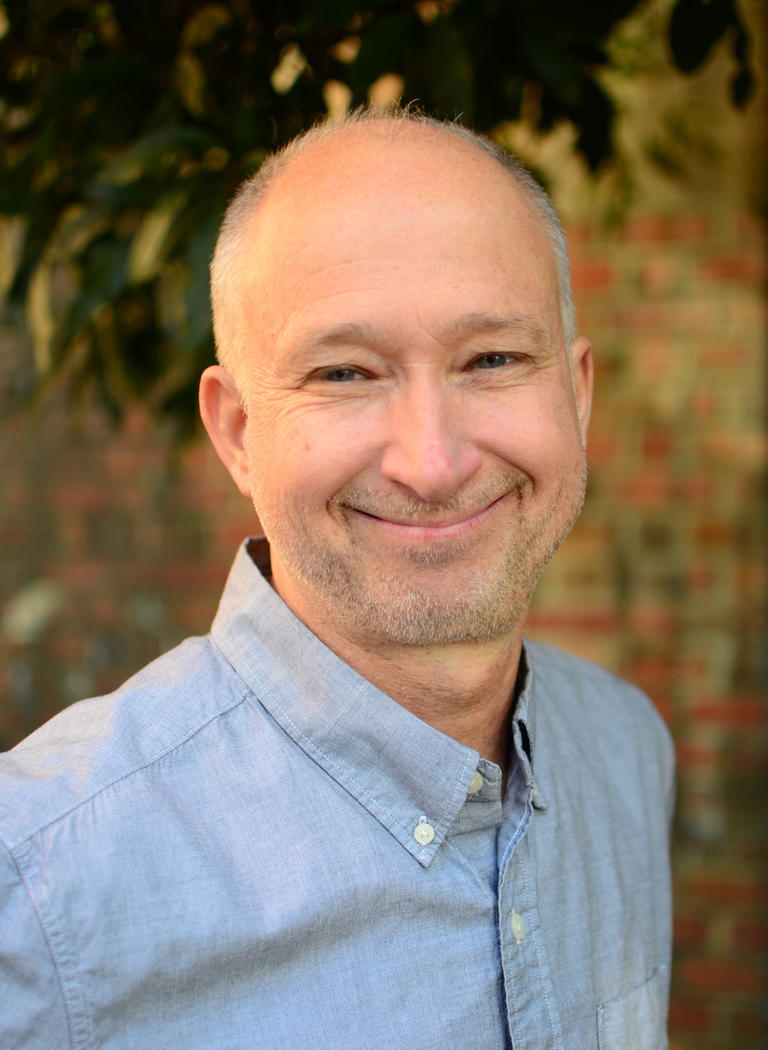
Steven G. Deeks, MD, is a Professor of Medicine at the University of California, San Francisco. He has published over 700 peer-reviewed articles, editorials and invited reviews on these and related topics. He is the contact principal investigator (PI) of DARE (the Delaney AIDS Research Enterprise), an NIH-funded international collaboratory aimed at developing a cure for HIV infection. He is a member of the American Society for Clinical Investigation (ASCI) and the Association of America Physicians (AAP). In 2022, he received the Lifetime Achievement in Mentoring Award from UCSF. He maintains a primary care clinic for people living with HIV.
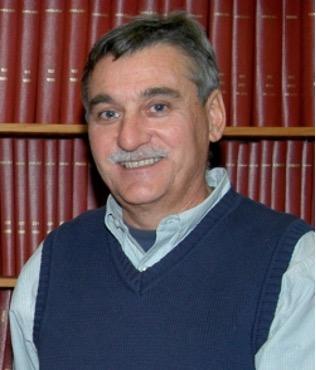
Ronald C. Desrosiers, PhD, is Professor and vice-chair of basic research in the Department of Pathology at the University of Miami Miller School of Medicine. He previously served as Director of the New England National Primate Research Center for 13 years while a tenured Professor in the Department of Microbiology and Molecular Genetics of Harvard Medical School. His research trajectory has been largely driven by discovery of new viruses and their development into new models of human disease. He led the team and was senior author on the Science publication that described the discovery of the simian immunodeficiency virus and its association with AIDS in rhesus monkeys. His laboratory is also credited with the discovery of a gamma-2 herpesvirus of rhesus monkeys that is a close homolog of the human Kaposi sarcoma herpesvirus (KSHV). His current efforts are largely directed to achieving consistent, life-long delivery of potent broadly-neutralizing antibodies using AAV vectors for the treatment and prevention of AIDS virus infection.
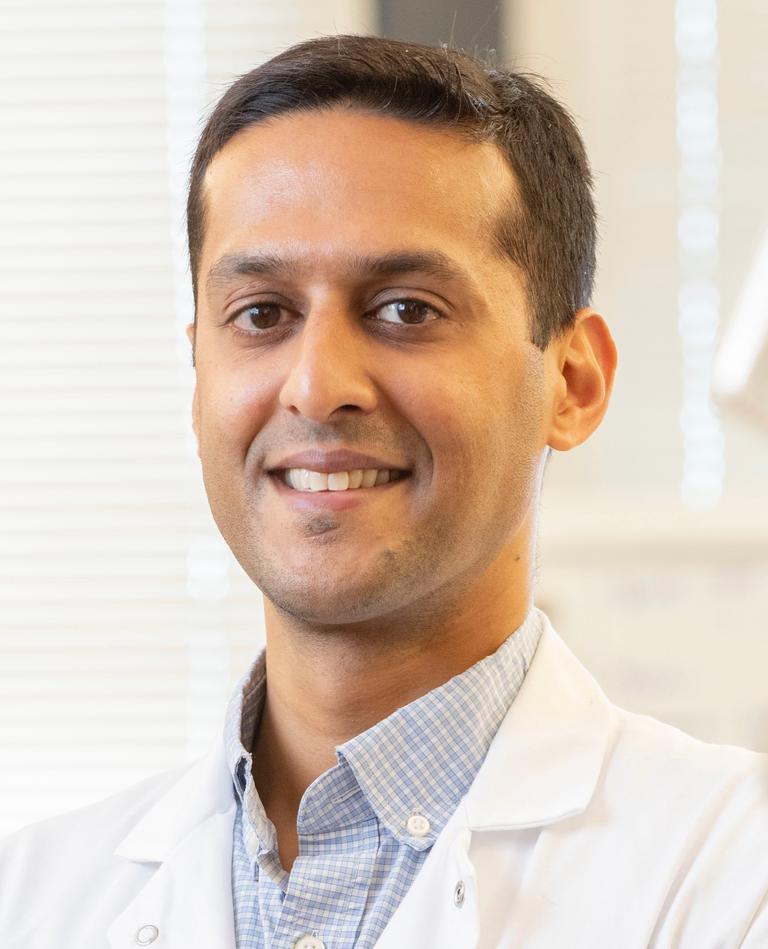
Dr. Gaurav Gaiha, M.D. D.Phil is an Assistant Professor at Harvard Medical School, Principal Investigator at the Ragon Institute of Mass General, MIT and Harvard and Attending Physician in the Division of Gastroenterology at Massachusetts General Hospital. He received his DPhil in Biochemistry from Oxford University as a Clarendon Scholar and his MD magna cum laude from the Health Sciences and Technology (HST) program at Harvard Medical School and MIT. He trained in Internal Medicine and Gastroenterology at MGH before completing his post-doctoral research fellowship at the Ragon Institute. The focus of his work is on understanding the components of successful T cell responses to viral infections and the development of T cell-based vaccines. He has received numerous honors for his work, including the NIH NIDA Avant Garde DP1 Award in HIV/AIDS research (2023), Howard M. Goodman Fellowship from MGH ECOR (2023), Krane Award from the MGH Department of Medicine (2022), NIH NIAID New Innovators DP2 Award (2020), Gilead HIV Research Scholars Award (2020), Burroughs Wellcome Career Award for Medical Scientists (2019) and an Early Career Investigator Award from the Collaboratory of HIV/AIDS Research (2017).
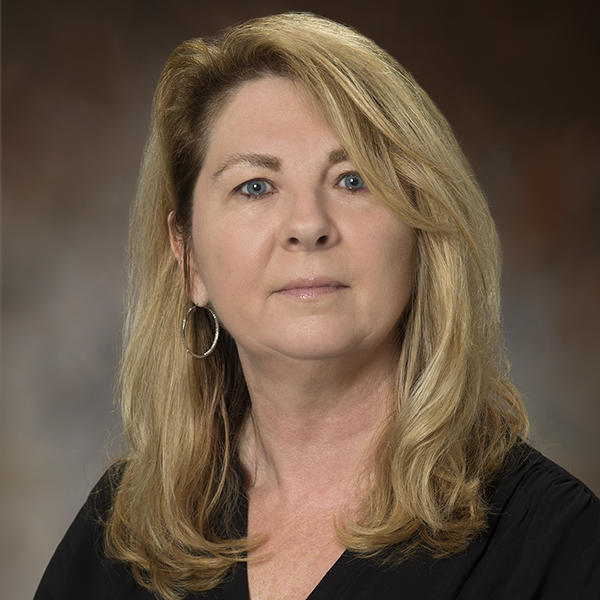
Dr. Hazuda has over 30 years of experience in the discovery and development of antivirals, antibacterials, and vaccines. She obtained her PhD from SUNY Stony Brook. After a postdoctoral fellowship at Smith Kline and French, she joined Merck and held positions of increasing responsibility managing cross-functional research resulting in multiple approved drugs and vaccines including the first-in-class HIV integrase inhibitor, which won the 2008 Prix Galien award. Dr. Hazuda retired from Merck as the vice president of infectious disease and vaccines and chief scientific officer of the Cambridge Research site. Currently she leads infectious disease and vaccines at Generate Biomedicines.
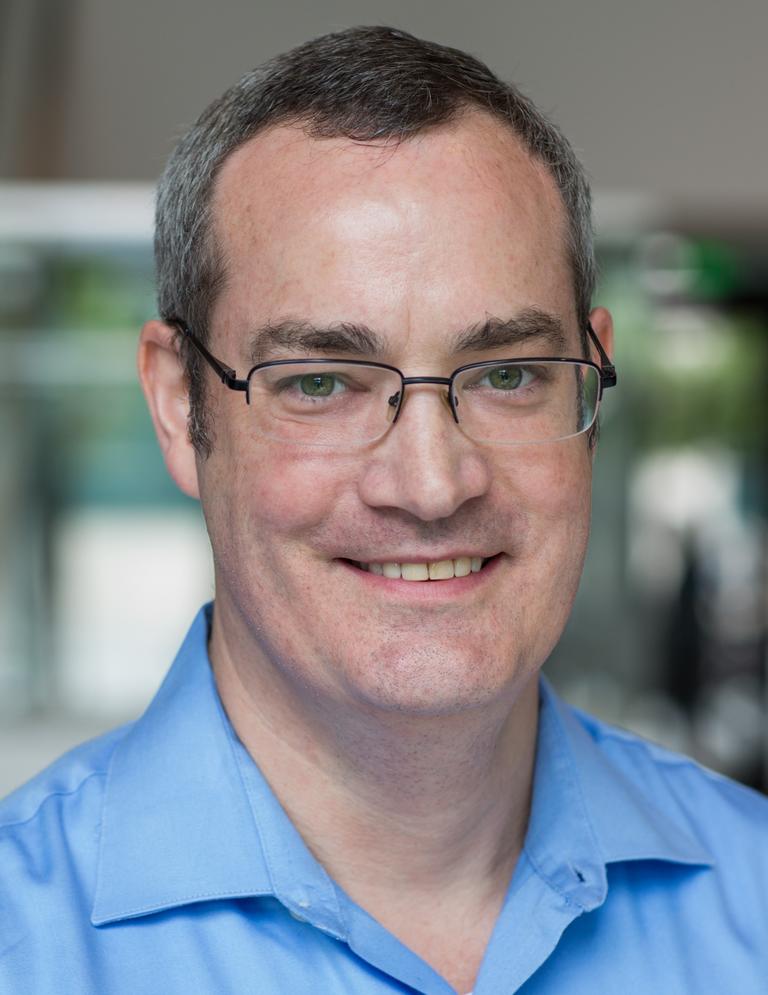
Peter Hunt is a Professor of Medicine in the Division of Experimental Medicine at the University of California San Francisco (UCSF), Co-Director of the UCSF-Bay Area Center for AIDS Research for Basic and Translational Science, and Associate Chief for Research for the Zuckerberg San Francisco General Hospital (ZSFG)-UCSF Department of Medicine. His primary research focus is on the inflammatory consequences of HIV infection. His translational research program seeks to understand the causes and consequences of persistent immune activation and its impact on aging-associated multi-morbidity and mortality in treated HIV infection, as well as its impact on HIV persistence. He also conducts clinical trials of novel immune-based interventions designed to decrease immune activation and previously served as Chair of the Inflammation Committee of the AIDS Clinical Trials Group (ACTG). Dr. Hunt led translational research programs in Uganda, focused on the determinants of immune recovery during HIV therapy in that setting, and helped develop a large mucosal immunology program at ZSFG focused on the impact of HIV on gut-associated lymphoid tissue on HIV pathogenesis. His laboratory currently focuses on the immune defects that drive morbidity and mortality in treated HIV, with a specific focus on the role of CMV co-infection as an important mediator. He has also recently extended his CMV work to address its impact on COVID-19 pathogenesis.
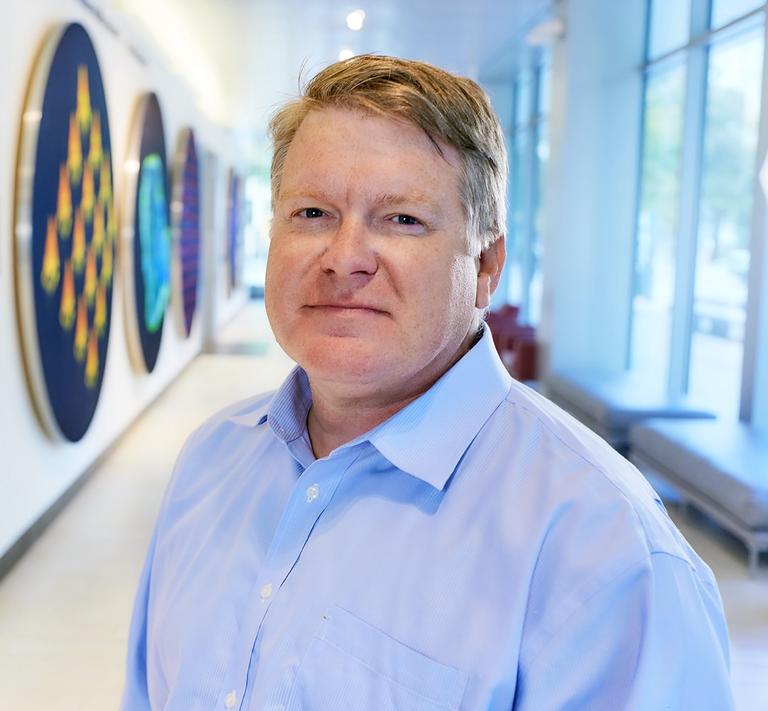
Darrell Irvine, Ph.D., is a Professor at the Massachusetts Institute of Technology and an Investigator of the Howard Hughes Medical Institute. He also serves on the steering committee of the Ragon Institute of MGH, MIT, and Harvard. His research is focused on the application of engineering tools to problems in cellular immunology and the development of new materials for vaccine and drug delivery. Major efforts of the laboratory are directed toward vaccine development for HIV and cancer immunotherapy. Dr. Irvine’s work has been recognized by numerous awards, including election as a Member of the National Academy of Medicine, Fellow of the Biomedical Engineering Society, Fellow of the American Institute for Medical and Biological Engineering, and appointment as an investigator of the Howard Hughes Medical Institute. He is the author of over 200 publications, reviews, and book chapters and an inventor on numerous patents.
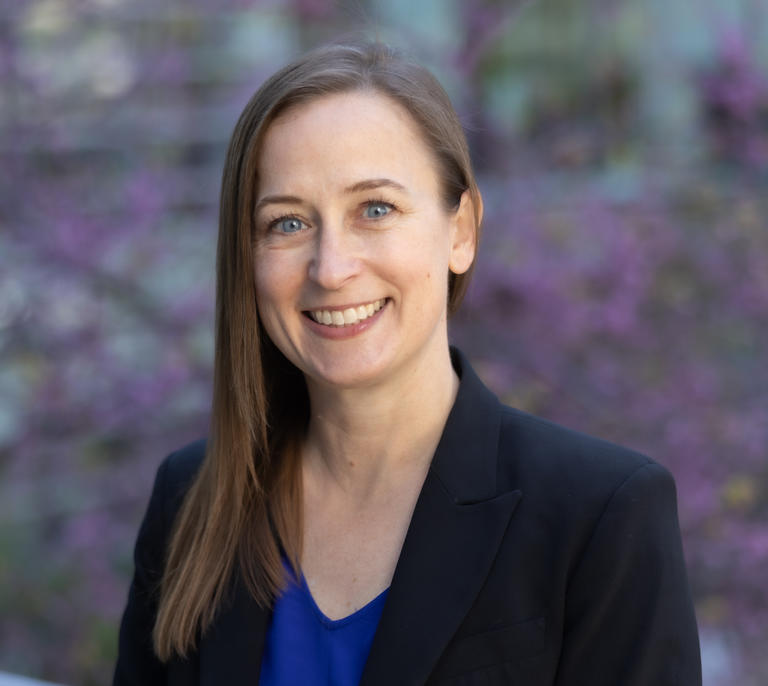
Dr. Sarah Joseph is a virologist and evolutionary biologist with extensive experience examining HIV-1 evolution in the CNS and the establishment of long-lived HIV-1 reservoirs. She received a Ph.D. in evolutionary genetics from the University of Texas at Austin and was a postdoc at the University of North Carolina. She is now an Assistant Professor at the University of North Carolina where she has faculty appointments in the Department of Microbiology & Immunology, UNC HIV Cure Center and Lineberger Comprehensive Cancer Center. Dr. Joseph utilizes traditional and next generation sequencing techniques to both characterize HIV-1 populations in patient samples and infer the evolutionary pressures shaping those populations. This approach has revealed important information about the nature of HIV-1 transmission, viral colonization of the CNS and the establishment of HIV-1 reservoirs.
Salim S. Abdool Karim is Professor of Global Health at Columbia University, New York and Director of the Centre for the AIDS Programme of Research in South Africa (CAPRISA). He serves as Special Advisor on pandemics to the Director-General of the World Health Organization. He is an adjunct Professor of Immunology and Infectious Diseases at Harvard University, adjunct Professor of Medicine at Cornell University and Pro Vice-Chancellor (Research) at the University of KwaZulu-Natal. He is a member of the WHO Science Council and Vice-President of the International Science Council. He is member of the US National Academy of Medicine and a Fellow of the Royal Society.
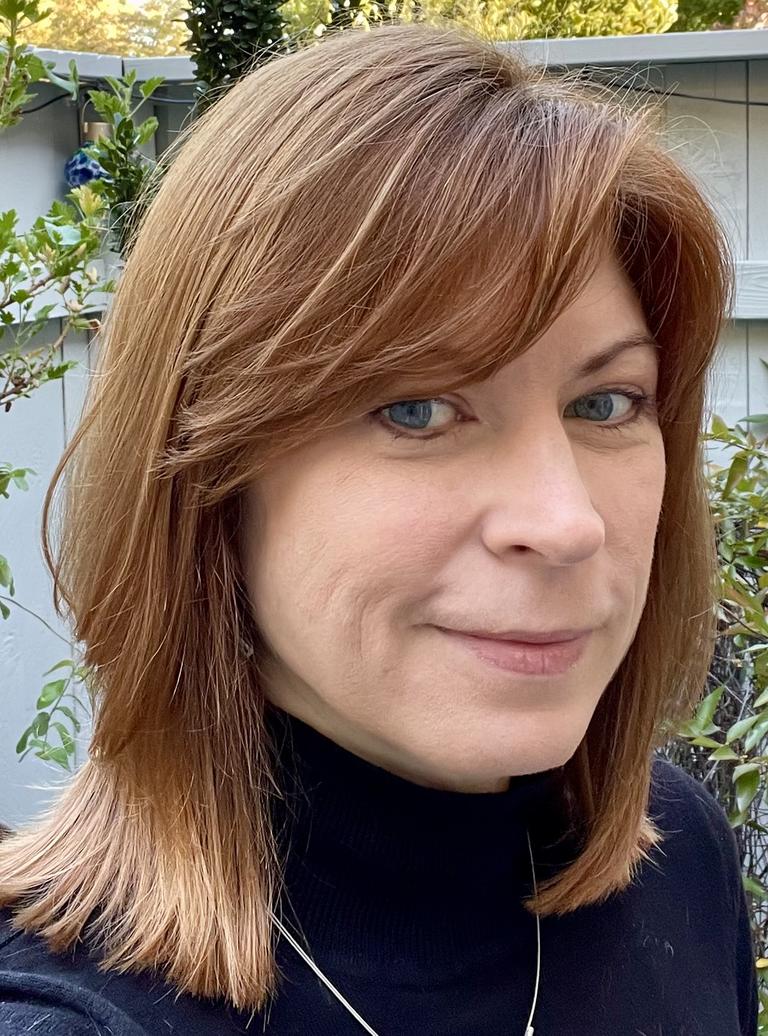
Laurie T. Krug is a Stadtman Investigator at the National Cancer Institute. She trained with Philip Pellett on mechanisms of human herpesvirus 7 replication as a graduate student at Emory University and then completed her post-doctoral training with Margaret Offermann and Samuel Speck on viral and host determinants of gammaherpesvirus pathogenesis. She advanced to the rank of tenured Associate Professor at Stony Brook University before joining the HIV and AIDS Malignancy Branch at the NCI in 2019. Laurie was the recipient of a Ruth Kirschstein research service award, an American Cancer Society Research Scholar award, and the Stony Brook Discovery Prize. Her lab seeks to define the viral and host determinants of gammaherpesvirus replication and latency in different stages of chronic infection. Recent findings from her lab indicate that targeting host transcription factors decreases the virus load in B lymphocytes, a critical reservoir of viral latency. Since moving to the NCI, her lab has focused on developing novel animal models of cancers driven by Kaposi sarcoma herpesvirus and Epstein-Barr virus with the goal to discover and refine effective interventions.
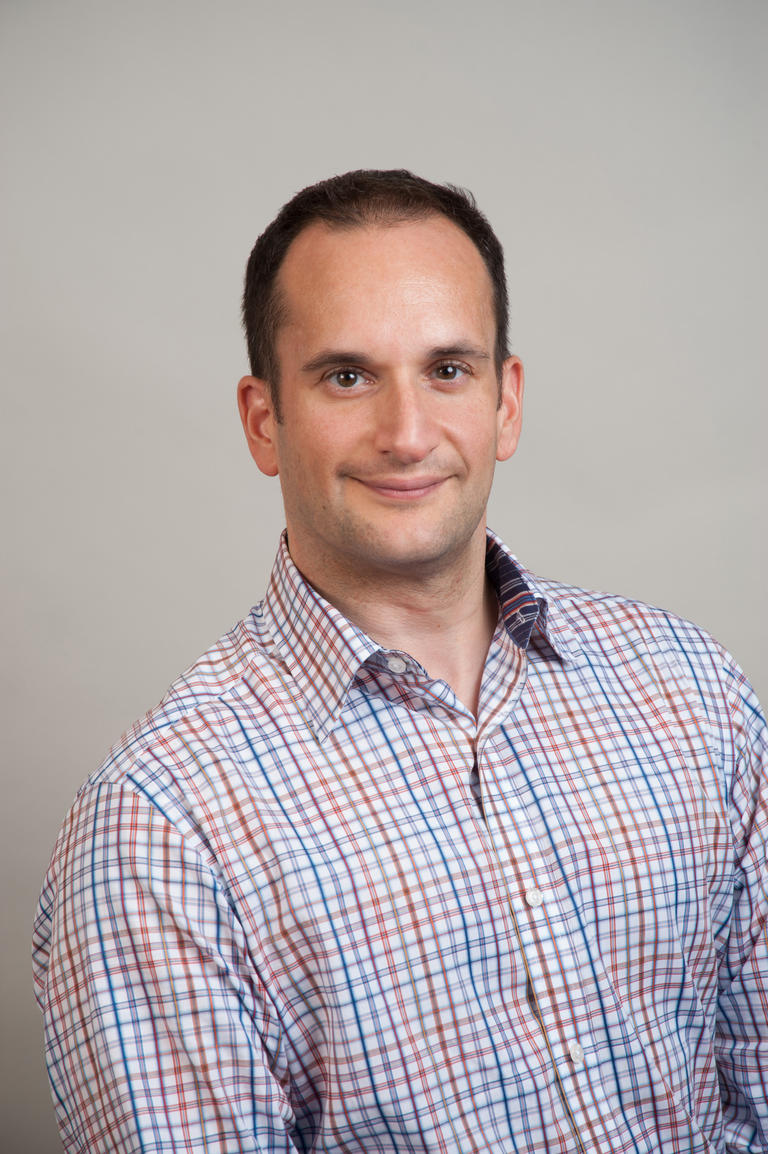
Raphael J. Landovitz, MD, MSc, is Professor of Medicine and interim Chief of the Division of Infectious Diseases at the David Geffen School of Medicine; He also serves as Director of the UCLA Center for Clinical AIDS Research & Education. Since 2013, he served as the leader of the Clinical Research Site (CRS) at the UCLA CARE Center and Co-PI of the UCLA AIDS Prevention and Treatment Clinical Trials Unit beginning in 2020. He is also the Co-Director of the National Institute of Mental Health-funded Center for HIV Identification Prevention and Treatment Services (CHIPTS). His research is focused on the optimization of the use of antiretroviral medication for both HIV treatment and HIV prevention.
Dr. Landovitz has been part of the leadership of the NIAID-funded AIDS Clinical Trial Group (ACTG), HIV Prevention Trial Network (HPTN), and the Adolescent Trial Network (ATN). He serves on the Executive Committee, is Chair of the Manuscript Review Committee, and serves on the Biomedical Sciences Scientific Committee of the HPTN, served as Chair of the ACTG Antiretroviral Strategies Transformative Science Group, and is Chair of the Biomedical Therapeutics, Complications and Comorbidities Scientific Leadership Group for the ATN. He was awarded the John Carey Young Investigator Award from the ACTG in 2010, the HIVMA HIV Research Award in 2017, the Ward Cates Award and the Donna Davis award from the HPTN and ACTG respectively in 2023. He leads several biomedical and behavioral prevention intervention studies and projects using Post-Exposure Prophylaxis (PEP) and Pre-Exposure Prophylaxis (PrEP) strategies for men who have sex with men and cis- and transgender women, including the NIH/DAIDS-funded Phase 2 and Phase 3 registrational clinical trials evaluating long-acting injectable cabotegravir for PrEP, which contributed to recent US FDA and multiple other regulatory approvals. He currently is evaluating implementation of long-acting injectable PrEP, as well as continuing to study other investigational long-acting/extended release products and delivery systems for HIV prevention.
H. Clifford Lane, M.D., is Clinical Director and Deputy Director for Clinical Research and Special Projects for the National Institute of Allergy and Infectious Diseases of the U.S. National Institutes of Health (NIH) in Bethesda, Maryland. In this capacity he oversees an array of clinical and research activities. Dr. Lane’s primary research interests are in the areas of HIV/AIDS and emerging infectious diseases. His HIV research activities range from fundamental basic science to large-scale, international clinical trials. In the area of emerging infectious diseases, he has been involved in studies of unexplained fever, influenza, Ebola, COVID-19 and of late, mpox. Dr. Lane has partnered with host country governments to establish clinical research programs in Mali, South Africa, Indonesia, Mexico, Liberia, Guinea and the Democratic Republic of Congo.
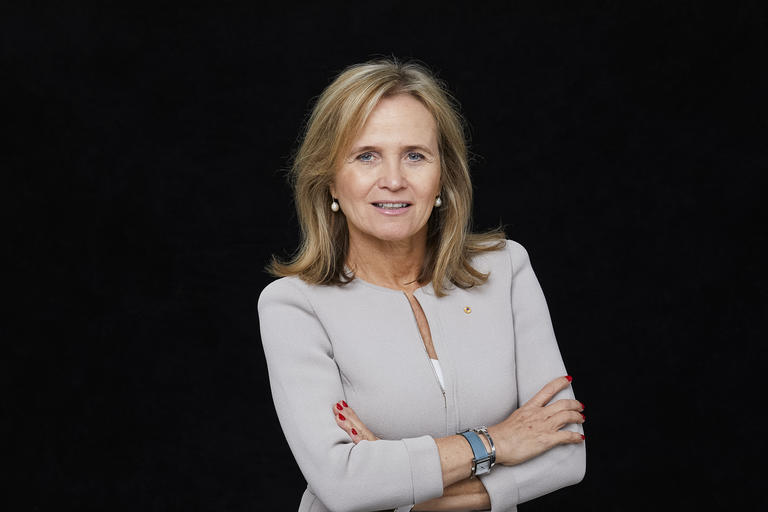
Professor Sharon Lewin is an infectious diseases physician and basic scientist, who is internationally renowned for her research into all aspects of HIV disease and specifically in strategies to achieve an HIV cure. She received her medical degree and PhD from Monash University, Melbourne, Australia and post-doctoral training at Rockefeller University, New York. She is the inaugural Director of the Doherty Institute, a joint venture of the University of Melbourne and Royal Melbourne Hospital and Melbourne Laureate Professor of Medicine at the University of Melbourne, Melbourne, Australia. She is also the inaugural director of the Cumming Global Centre for Pandemic Therapeutics, a new centre at the Doherty Institute established by a philanthropic gift of $250 million from Canadian philanthropist Geoff Cumming and $75 million from the Victorian government.
She heads a laboratory of 25 scientists and clinicians working on basic and translational research and early phase clinical trials aimed at finding a cure for HIV. She has published over 350 papers and is a Clarivate hi-citation researcher since 2019. She has received continuous funding from the NHMRC since 1993 and from multiple international funding agencies including the National Institute for Health and the American Foundation for AIDS Research. In 2019, She was appointed an Officer of the Order of Australia (AO) in recognition of her distinguished service to medical research, and to education and clinical care, in the field of infectious diseases, particularly HIV and AIDS. She is the elected President of the International AIDS Society (2022-2024), the largest professional society representing people working in HIV medicine and has over 17,000 members.
She played a major role in advising both the Victorian and Australian governments on the response to COVID-19 which included co-chairing the National COVID Health and Research Advisory Committee. The Doherty Institute were the first to isolate SARS-COV2 outside of China and share it globally in January 2020. The institute continues major programs in developing clinical trials, diagnostics, therapeutics and vaccines for pathogens of pandemic potential.
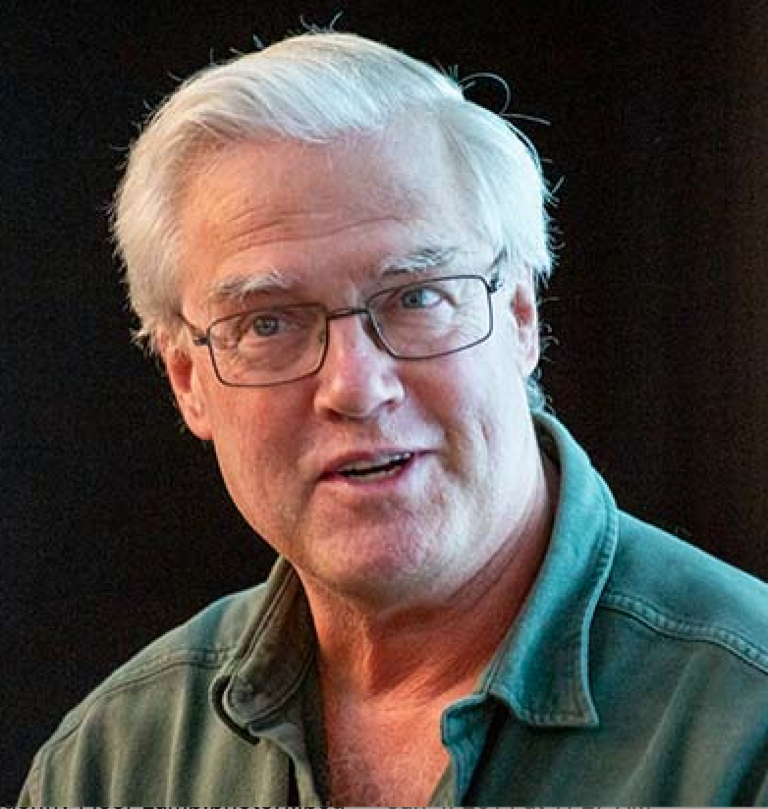
Dr. Mike McCune is Head of the HIV Frontiers Program at the Bill & Melinda Gates Foundation and a Professor Emeritus of Medicine at the University of California, San Francisco. After studies at Harvard College (with Jack Strominger) and at the Rockefeller University (with Henry Kunkel and Gunter Blobel), he started to treat patients with HIV disease as a resident in internal medicine at UCSF from 1982-1984 and has been involved in the HIV/AIDS research field ever since. This work included postdoctoral studies with Irv Weissman at Stanford (1985-1988), exploring the fusogenic properties of the HIV envelope protein and invention of the first humanized mouse model (the SCID-hu mouse) capable of multilineage human hematopoiesis and receptive to infection with primary isolates of HIV, and was continued in companies that he co-founded (SyStemix in 1988 and Progenesys in 1991) and at which he served first as CEO and then as a Scientific Director. In 1995, Dr. McCune returned to academia as an investigator at the Gladstone Institute of Virology and Immunology and then (starting in 2006) as the Chief of the Division of Experimental Medicine (which he founded) at UCSF. Concomitantly, he was the founding PI (and Senior Associate Dean) of the Clinical and Translational Sciences Institute at UCSF (from 2005-08). In recent years, he has helped to form multidisciplinary, collaborative research teams to find a cure for HIV disease, first in the context of NIH- and amfAR-funded “collaboratories” at UCSF (2010-2016) and then as Head of the HIV Frontiers Program at the Bill & Melinda Gates Foundation (2018-present). Throughout this time, he has taken care of patients with HIV disease at the San Francisco General Hospital AIDS Clinic/Ward 86 and has also actively mentored graduate students and postdoctoral fellows, many of whom have gone on to successful careers in academia or biotech/pharma.

John W. Mellors, M.D., is a Distinguished Professor of Medicine, former Chief of Infectious Diseases, and the EndowedChair for Global Elimination of HIV and AIDS at the University of Pittsburgh School of Medicine. Dr. Mellors' laboratoryand clinical research focuses on the mechanisms of HIV drug resistance, on the use of antiretrovirals to prevent HIV-1infection, and on persistent reservoirs of HIV-1 and how to eliminate them. He has become involved in many aspects of the SARS-CoV-2/COVID-19 pandemic including infection prevention, surveillance, and translational and clinical research on treatment and prevention. He is an elected member of the Association of American Professors.
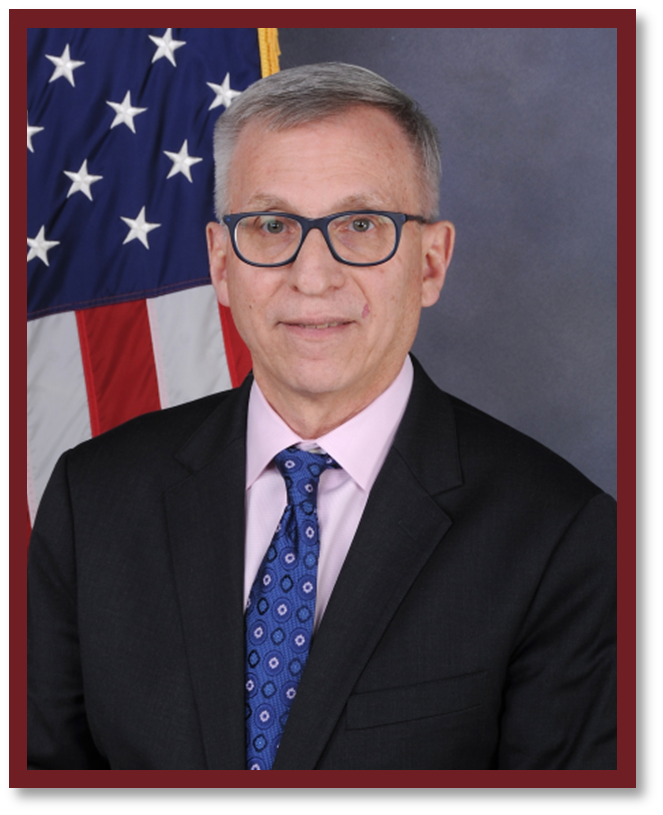
Nelson L. Michael, M.D., Ph.D. is the Director, Center for Infectious Diseases Research. Dr. Michael graduated summa cum laude from University of California, Los Angeles in 1979 with a degree in biology and from Stanford University with M.D. and Ph.D. (cancer biology) degrees in 1986. He trained in internal medicine at Harvard Medical School, Massachusetts General Hospital from 1986-1989. Prior to his current position, Dr. Michael served for 29 years in the U.S. Army at WRAIR including 12 years as the Director of the U.S. Military HIV Research Program (MHRP) at WRAIR and 8 months as the WRAIR Deputy Commander. He was deployed in 2013 with the 1st Armored Division to the Kingdom of Jordan. Dr. Michael retired from the U.S. Army on 30 September 2018 at the rank of Colonel. MHRP is an international HIV vaccine and remission research program that successfully integrates HIV/AIDS prevention and treatment. Dr. Michael guided MHRP through the completion of the RV144 HIV prime-boost vaccine clinical trial, an international collaboration that involved more than 16,000 Thai volunteers and provided the world’s first demonstration that a preventive HIV vaccine was possible. Dr. Michael entered his Army service in 1989 in WRAIR's Department of Vaccine Research, Division of Retrovirology, and later served as the Chief of the Department of Molecular Diagnostics and Pathogenesis. Dr. Michael served on President Obama’s Presidential Commission for the Study of Bioethical Issues (2009-2016) and the Operation Warp Speed Vaccine Development Team (2020-2022). He currently serves on the Vaccine Research Center Scientific Advisory Working Group (NIAID, NIH). Dr. Michael's research interests include SARS-CoV-2, HIV molecular pathogenesis and host genetics, HIV clinical research and HIV/Ebola/MERS Co-V and ZIKV vaccine development. He is a Professor of Medicine at the Uniformed Services University and is a Diplomate of the American Board of Internal Medicine. He serves as a peer reviewer of many scientific journals and is the author or coauthor of more than 460 scientific publications and eight textbooks. Honors include Army Commendation Medal (1992, 1996), Joint Service Commendation Medal (2013), Army Achievement Medal (1996, 2018), Army Meritorious Service Medal (2004, 2010, 2018), the Defense Meritorious Service Medal (2013), Legion of Merit (2018), the Hero of Military Medicine (Army) Award (2013) the Army Civ Svc Medal (2020) and Army Superior Civ Svc Medal (2022).
Dr. Louis J. Picker is the Associate Director of the Vaccine and Gene Therapy Institute, a Senior Scientist in the Pathobiology and Immunology Division of the Oregon National Primate Research Center, and a Professor of Pathology at the Oregon Health & Science University. Dr. Picker was recruited to OHSU in 2000 from the Department of Pathology at the University of Texas Southwestern Medical Center at Dallas where he served as a Principal Investigator, Medical Director of the Flow Cytometry and Clinical Immunology Laboratory, and Co-Director of the Division of Hematopathology and Immunology. He received his medical degree at the University of California, San Francisco in 1982, did an internship, residency, and chief residency in Anatomic and Clinical Pathology at the Beth Israel Hospital and Harvard Medical School in Boston, Massachusetts from 1982-86, and received advanced training in Immunopathology and Experimental Pathology at Stanford University Medical Center in Palo Alto, California from 1986-89. Dr. Picker is known for his work elucidating human/nonhuman primate (NHP) memory T cell biology (including mechanisms of memory T cell homing, functional differentiation and homeostasis, mechanisms of protection against persistent pathogens, and the immunopathogenesis of AIDS), and the preclinical development HIV/AIDS and tuberculosis vaccine and cure concepts using NHP models.
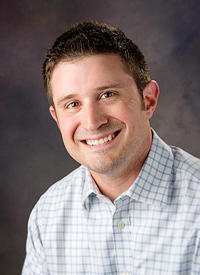
Dr. Gregory Del Prete is the Associate Director for Nonhuman Primate Resources, the Principal Investigator of the Viral Persistence Section, and the Head of the Nonhuman Primate Research Support Core within the AIDS and Cancer Virus Program at Frederick National Lab. His research focuses on the development and use of nonhuman primate models of HIV-1 infection to better understand the establishment, maintenance, and consequences of persistent AIDS virus infections and to facilitate the development and evaluation of approaches to prevent and eliminate persistent viral reservoirs.
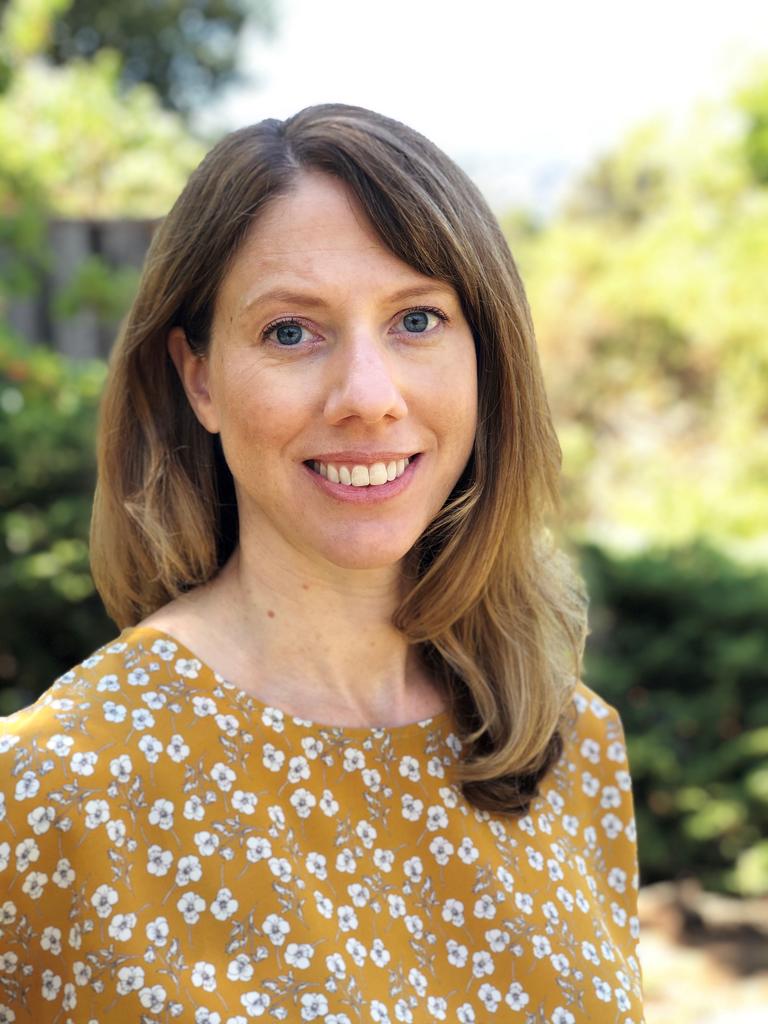
Laurie VanderVeen is Director, HIV Clinical Virology at Gilead Sciences, supporting the development of novel agents for treatment and cure of HIV-1 infection. Currently, she supports preclinical, clinical, and post-approval programs, including the recently approved Sunlenca. Prior to joining Gilead, she held multiple positions within pharmaceutical companies, contributing to the advancement of immuno-oncology and pain assets. Laurie received her PhD in Biochemistry from Vanderbilt University and was a postdoctoral fellow at Roche Palo Alto.
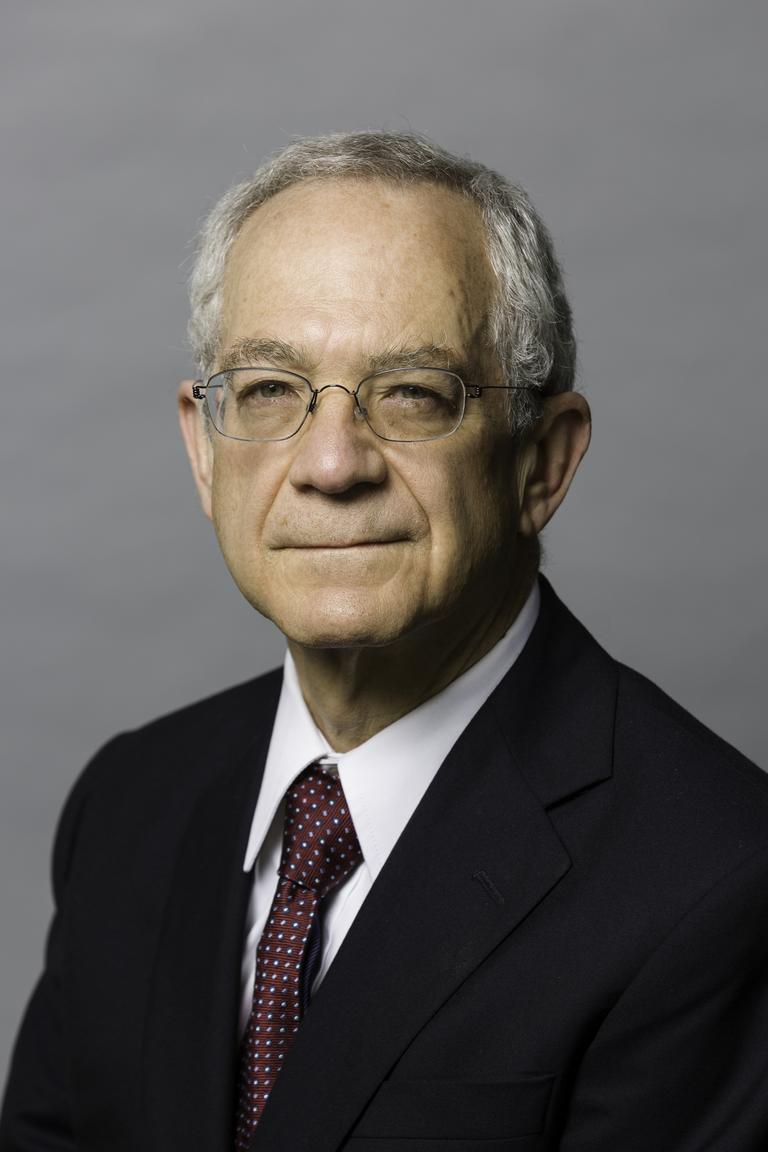
Dr. Robert Yarchoan is a physician-researcher who has made major contributions to developing therapies for AIDS and AIDS-related malignancies. He is a Branch Chief and Principal Investigator in the intramural program of the Center for Cancer Research, National Cancer Institute, and is also Director of the Office of HIV and AIDS Malignancy (OHAM) in the Office of the Director, NCI.
Along with two colleagues, he developed the first three FDA-approved AIDS drugs, AZT (or zidovudine), didanosine (ddI), and zalcitabine (ddC); conducted the initial clinical trials of these agents; and conducted the first clinical trials of combination anti-HIV therapy. He then turned to focus on the cancers associated with HIV/AIDS. His laboratory and clinical studies have helped understand the biology of these cancers, especially those caused by Kaposi sarcoma associated herpesvirus (KSHV). He has investigated the interactions between KSHV and host cells, has explored the role of hypoxia inducible factors in the pathogenesis of these diseases, has elucidated the pathogenesis of KSHV-multicentric Castleman disease (KSHV-MCD), and identified a new syndrome caused by KSHV called KSHV-inflammatory cytokine syndrome (KICS). He has developed novel therapies for HIV-associated cancers and related diseases, including KSHV-MCD. Moreover, he has spearheaded the clinical development of two of the three commonly used FDA-approved systemic therapies for Kaposi sarcoma: taxol and pomalidomide. As Director of the NCI Office of HIV and AIDS Malignancy, he oversees the HIV/AIDS research portfolio of the NCI.
Dr. Yarchoan received his B.A. magna cum laude from Amherst College and his M.D. from the University of Pennsylvania. He trained in internal medicine at the University of Minnesota and immunology in the NCI. He has published more than 340 scientific papers and is co-inventor on 12 US patents. Among other honors, he has been elected to the American Society for Clinical Research and the Association of American Physicians, has been inducted as a Fellow of the American Association for the Advancement of Science (AAAS) and a fellow of the American Academy of Microbiology, and was a recipient of the first NIH World AIDS Day Award. In October, 2023, he was given a US Health and Human Services Lifetime Achievement Award.
Are you ready to say Hello?
Choose a Pathway
Information will vary based on program level. Select a path to find the information you're looking for!

